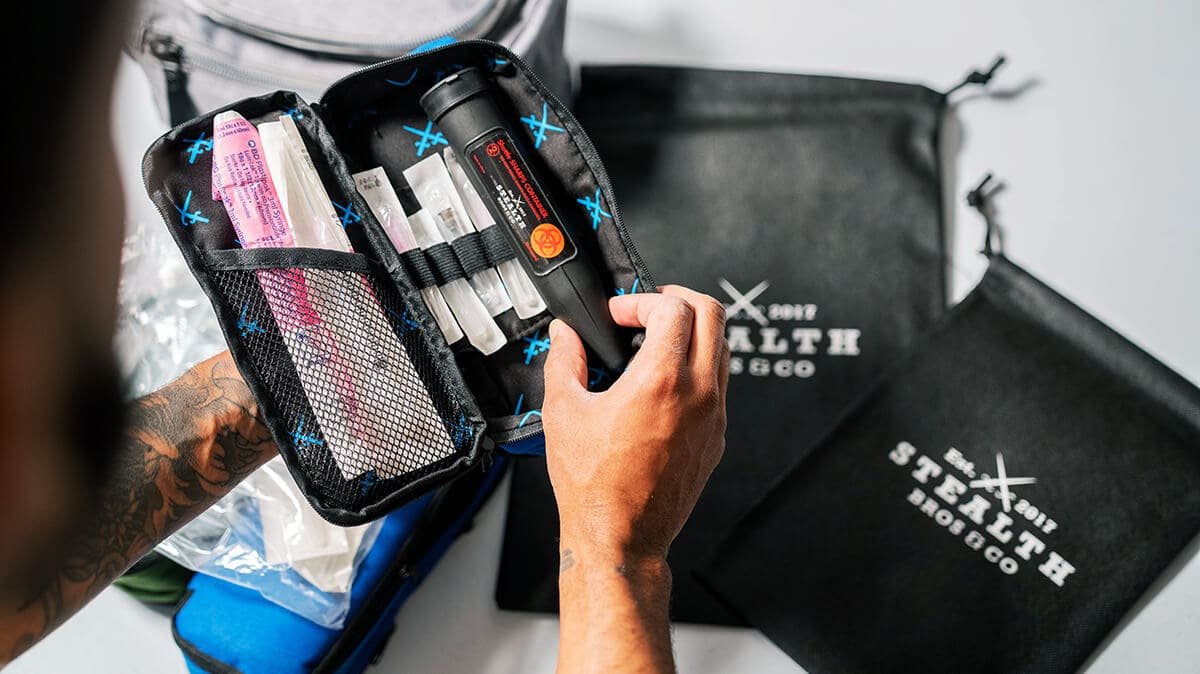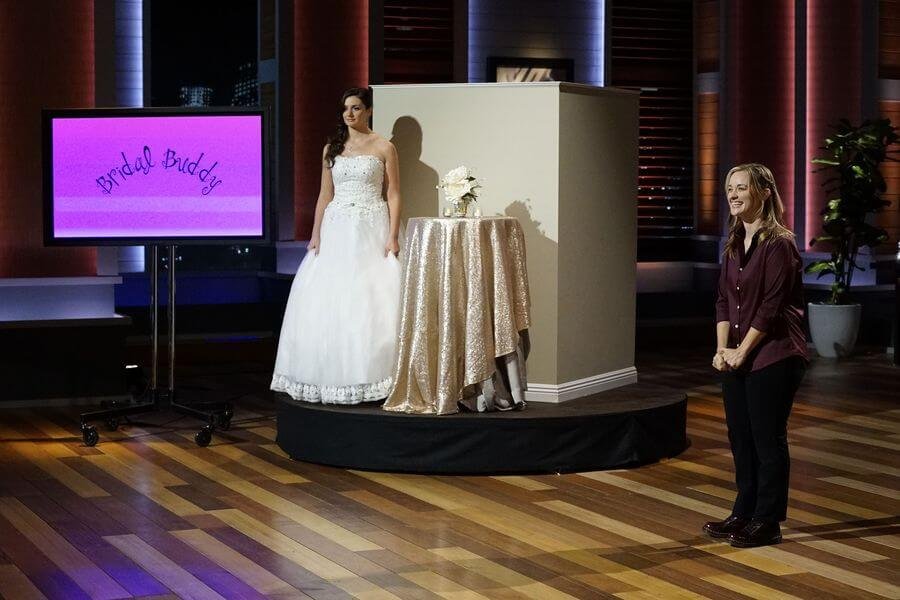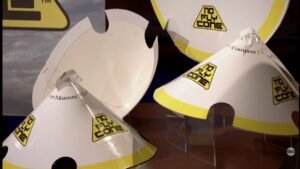Here’s one thing every Shark Tank viewer loves to ask: Did getting on the show change it all for this company? Urban Float looked slick, their pitch was bold, and they believed—they really believed—in floating as a must-have therapy for stressed execs and regular folks. But that’s the TV story. Let’s rip the curtain down and find out where the actual money and momentum went.
Contents
ToggleMeet Urban Float: The Founders, The Pitch, and the Shark Tank Test
Urban Float isn’t selling candles or the next kitchen gadget. They’re pushing high-end sensory deprivation pods—spa-like float tanks for stress relief, pain management, and mental reset. The founders—Scott Swerland and Joe Beaudry—walked into Shark Tank Season 10, Episode 13, knowing how rare it is to get the shot. Over 45,000 startups apply every year. Making it in front of the Sharks changes the game, if you know how to play.
Both Swerland (the CEO) and Beaudry (the COO) weren’t first-time dreamers. They’d already built stores, sold franchises, and had legit city-by-city momentum. But here’s the real kicker: they asked the Sharks for $500,000 for 5%. That’s a $10 million valuation. You don’t throw out numbers like that in front of Mark Cuban, Lori Greiner, Kevin O’Leary, and friends unless you truly believe your own story…and can back it up when the questions start.
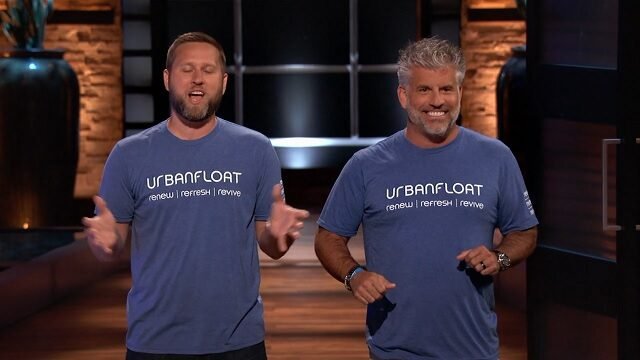
The Pitch: $500K for 5% Equity—A Bold Play
This wasn’t some please help us pitch—it was a join us or watch us win without you pitch. Urban Float wanted $500,000 for 5% equity. Do the math: that’s a $10M valuation, and they were absolutely dead serious about it.
Why? Because in 2018, Urban Float hauled in roughly $2 million in sales. They weren’t just moving units; they were selling memberships, filling float pods all day, and showing growth numbers serious enough to get attention. They had four stores running in Washington, with more locations listed in Tacoma, Vancouver, Delaware, Texas, and even Ohio.
Was the $10 million number rich? Maybe. I’ve seen founders go greedy and kill interest by overreaching, but sometimes you’ve got to signal confidence to the right investor. If it’s real, bullish valuations force Sharks to take you seriously.
The Company’s Origin Story: Hustle Before Prime Time
Let’s talk grind. Swerland and Beaudry didn’t build Urban Float as a side hustle—they went all-in. Urban Float opened its doors around 2013—long before their Shark Tank episode aired. They didn’t wait for exposure, either. By the time America saw them on TV, they’d already run a marathon of opening stores, refining operations, and learning which markets worked.
How do you convince a city full of busy people to strip down and float in silent water? Smart branding, simple language, and a killer membership model. The founders tapped into a wave of wellness-mania, yes, but they also got literal buy-in from local execs and tech pros. Amazon folks, Microsoft veterans, stressed-out lawyers—if you could pay, you could float away your problems for an hour. Urban Float’s edge wasn’t just the pods—it was their tight process and their welcoming maybe-this-will-help-you pitch.
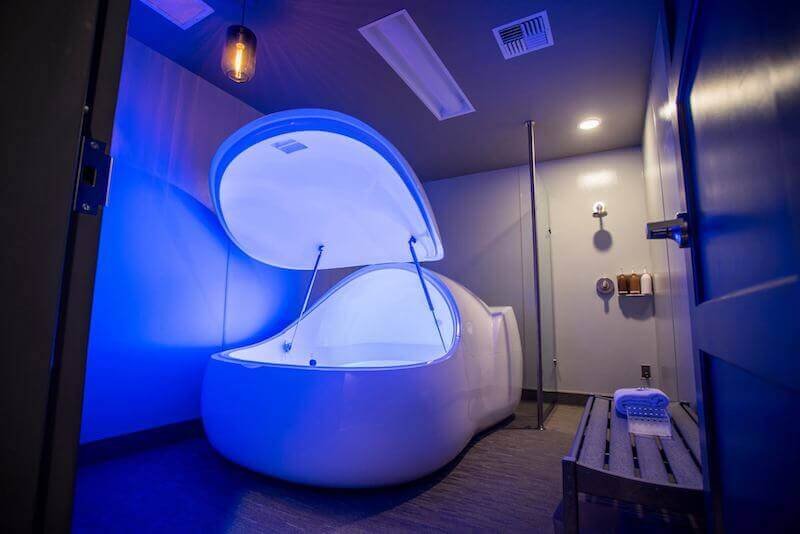
The Numbers: Did Urban Float Really Earn Their $10M Valuation?
You want numbers. Here are the facts. Urban Float hit that Shark Tank stage with four corporate-owned stores and seven franchised locations already live, plus more in the pipeline. They claimed $2 million in actual sales for 2018 and 30 franchises either open or in development. Not a theory—a storefront, with cashflow, and people showing up for their weekly float.
Now, I’ve watched some startups claim higher multiples on hot-air revenue or projected earnings, but in this case, the $10M was anchored to two things: (1) legitimate cash in the business, and (2) a proven path for scale. Not every franchise pitch has receipts; these guys did.
Does that mean every Shark bought in? Not likely. When your growth depends on franchising, it’s never quite as simple as selling widgets online. You’re betting on your ability to open and fill more and more stores. Tricky? Absolutely. But not make-believe.
How Urban Float Makes Money: The Nitty-Gritty
Let’s bulldoze the mystery here. Urban Float makes money through bookings—primarily by selling sessions in their sensory deprivation tanks. Each well-designed float center runs about 15 hours a day, turning over rooms like you’d turn tables at a hot diner. Members and one-off customers drive recurring revenue, but the true engine is capacity: the more pods you have running, the fatter your profit margin.
Their average customer isn’t your woo-woo spiritualist, either. It’s CEOs, stressed engineers, and regular folks who read about floats on Forbes or saw Rogan mention it. Corporate types come for clarity, athletes come to recover, and wellness fans want to reset. The pitch works: Disconnect, recharge, do it regularly. Simple, sticky, and easy to explain to franchisees.
Franchise fees fill another bucket—if you’re running a multi-state play, the only way you scale without blowing your own capital is franchising. Sell the process, train the new owner, and take a cut of local profits and startup fees.
Franchising and Growth: Sugar Rush or Smart Strategy?
Let’s not kid ourselves—franchising is always risky. You can mint money if the brand crushes, but if your operational manual sucks or new owners can’t copy your secret sauce, growth withers fast. Urban Float looked good on paper: 30 units sold, 7 open, corporate stores bustling, and more demand every year.
But I’ve seen brands chase franchising too aggressively and get burned when oversupply hits or support breaks down. Urban Float looked disciplined. Before Shark Tank, it wasn’t rapid-fire expansion; it was about locking down process and giving new owners the same edge the Seattle locations had. They kept things close, focused on training, and—crucially—picked franchisees who could sell wellness, not just manage a store.
Did it pay off? The verdict’s mixed. Franchising promises scale, but every new outlet tests if your system survives without you there.
Life After Shark Tank: Did the TV Bump Really Change Anything?
Here’s where most entrepreneurs get it wrong—assuming Shark Tank is a magic bullet. Urban Float opened by saying they picked up international exposure from the show, but the real measure is what happened the morning after.
Did they get a deal on air? There’s no clear evidence on SharkWorth or elsewhere that a Shark handed over a check. That sounds brutal, but it’s not always a killer. Sometimes no deal founders find better partners, sharper deals, or just a rush of customers hunting them down after TV. Scott Swerland himself called the appearance one of the coolest things he’s done as a leader. That energy doesn’t fade fast.
Traffic likely jumped for months after. Franchises closed faster, phone lines rang, and their website would have been hammered by interest. But exposure is a sugar rush unless you translate it into margins, more units, and tighter ops.
The Real Lessons: Urban Float’s Wins, Fails, and Entrepreneur Playbook
So what actually worked? Urban Float delivered a clean, explainable pitch—solves a real problem (stress, burnout), sells a unique experience, and offers a proven model for growth. They proved you don’t need to invent a gadget to catch the Sharks—you can reinvent an old idea for modern buyers.
What were the tripwires? That bold $10M valuation likely scared off anyone not ready for an ambitious bet. Franchising, too, is a two-edged sword. If standards slip, the whole brand suffers. If you can’t train every owner to deliver the Urban Float feel, local reviews tank.
Biggest win? Hustle before cameras. Most companies chase spotlight first, then scramble to get their books right or their stores built. Urban Float started with traction, store count, sales, and a look that says we’re here to last.
Look—plenty of wellness trends turn into fads and vapor. But if you build fanatics (and paying members), you can weather the TV hype cycle. Urban Float understood that.
Final Word: Franchise Gold, Or Another Wellness Trend?
Here’s the no-spin answer. Urban Float isn’t liquid gold yet, but it’s no joke: real stores, real customers, real cash. The founders kept their eyes on scale, didn’t overpromise, and used Shark Tank as exactly what the smart founders do—a platform, not a lottery ticket.
I’ve watched hundreds of companies get their fifteen minutes, then flame out. Urban Float’s still standing. It’s not Scrub Daddy, but it’s far from a punchline.
If you’re building a business—especially in a crowded market—take notes from Swerland and Beaudry. Build stores, build a following, and pitch the truth, not the fantasy.
FAQs
1. Is Urban Float from Shark Tank still in business?
Yes, as of the latest info shared on SharkWorth and post-episode sources, Urban Float continues to operate stores and sell franchises.
2. Did Urban Float land a deal on Shark Tank?
Urban Float pitched on Season 10, but there’s no confirmed deal with any Shark. Exposure, though, boosted the brand.
3. What is Urban Float’s current net worth?
Their exact net worth today is undisclosed. On pitch day, they valued Urban Float at $10 million, with real stores and revenue.
4. How many locations does Urban Float operate now?
As of their Shark Tank appearance, they had four corporate-owned stores and seven franchise units open. More locations were in development.
5. Is flotation therapy profitable or just hype?
Flotation therapy reaches a profitable niche—especially in urban markets. The real money lies in premium memberships and scale.
6. Do the founders still run Urban Float?
Scott Swerland (CEO) and Joe Beaudry (COO) were running the show at the time of Shark Tank. For current leadership updates, check SharkWorth.
7. How much did it cost to franchise an Urban Float?
Exact franchise fees weren’t shared on air, but typical wellness franchises charge $250K–$500K upfront, plus royalties.
8. What happened to Urban Float after their Shark Tank episode aired?
After the episode, they saw increased traffic, franchise inquiries, and likely closed more deals—classic Shark Tank bump.
Bottom line: Don’t trust the TV edit. Study the business, and watch how founders win or learn when the cameras stop. Urban Float knew what they were worth, made their play, and—whether or not a Shark bit—kept swimming forward. That’s the real game.




